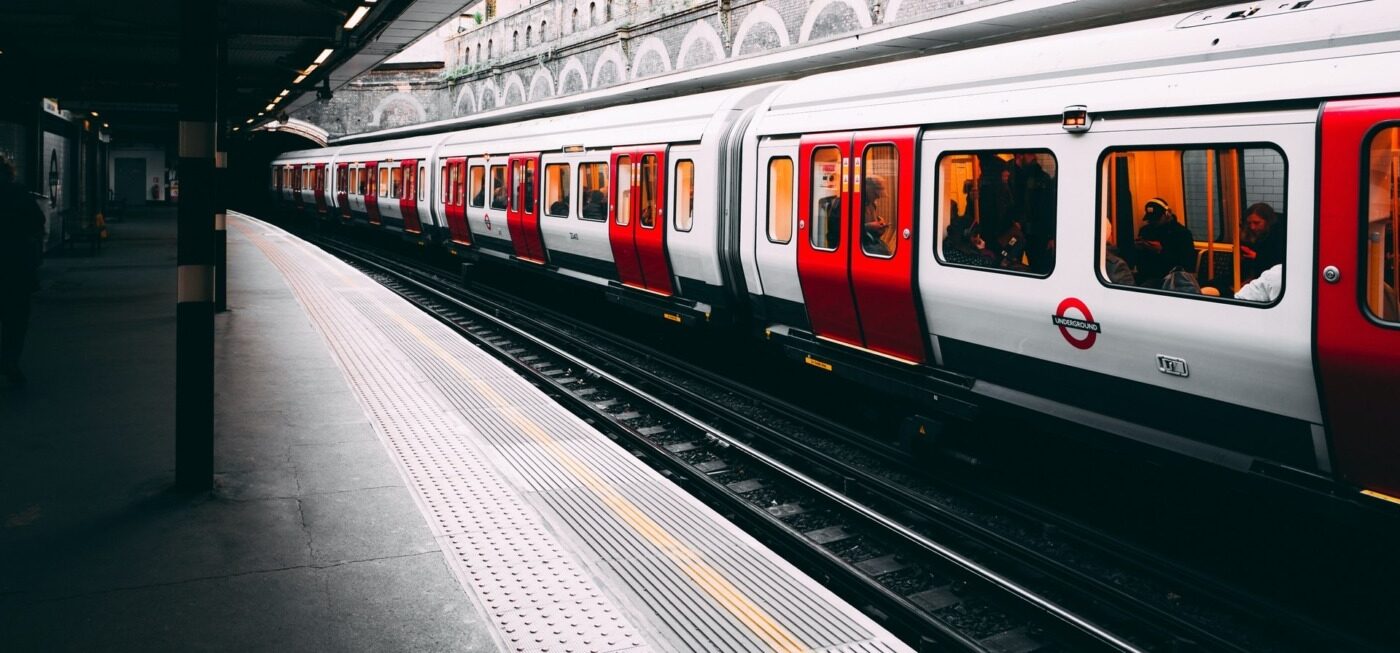The Open Mind: Why I Started Supporting HS2
Infrastructure schemes are, by their very nature, issues of high contention. Their creation means altering an area of land for the foreseeable future and changing the physical appearance of a location. If a tall building is created, that will undeniably affect those who live around the building. Similarly, a new road will affect previously natural land and mean a long-term change. Infrastructure projects cannot just be switched on or off. Once they have been completed, their creation is permanent.
Think of the differences of opinion likely to erupt over a new railway project. It is not simply a small new road, building, or even tiny conservatory in one area but a project that will run through parts of the country, affecting hundreds of thousands of individuals and likely to transform the way British rail works. Opposition and differences of opinion could not be stronger.
I refer specifically to HS2 – High Speed 2 – a 330-mile network in two phases. Expected to cost over £100 billion, phase one runs between London and Birmingham while phase two runs from Birmingham to Crewe. Its construction and development, aiming for faster train journeys, is one that generated widespread support and opposition. The issue is perhaps one that divides the country more than Brexit, such are the high stakes and differences of views on both sides.
I’m from Cambridge so I don’t live in a part of the country that would be directly affected by the route. However, I felt immensely sceptical and opposed to its creation. It seemed to me, a costly vanity project with no conceivable benefits. The project would destroy the beauty of the natural environment, cost huge amounts of money, and seemed only designed to get business people to Birmingham slightly quicker. Why would anyone be behind it?
while I adore London, it is quite obvious that far too much of our infrastructure is around that part of the country
I also thought a big, costly infrastructure project was an unnecessary waste of money that could just be better spent elsewhere. Couldn’t we improve existing rail lines and routes, both for the volume of journeys and the speed at which trains travel? Why is a whole new infrastructure project needed that will only seemingly cost loads of money with little benefit?
As you can see, I was immensely curious and reluctant to support the project going ahead. I was full of questions but erring on the side of thinking this was just expensive and completely unnecessary. My scepticism was at its peak as Boris Johnson arrived as Prime Minister. From the doomed Garden Bridge to the planned tunnel between Scotland and Northern Ireland, Johnson is known as an infrastructure visionary who likes to leave a big vision on the world.
So, what changed my mind? How did I go from thinking HS2 was nothing but a waste of time, money, and effort to believing, as I do now, that it is an absolute necessity for Britain’s infrastructure, alongside the Northern Powerhouse Rail. It stems from a fundamental belief in my political and social philosophy that development and infrastructure is a force for good and social progress.
Railways and their expansion are part of the growing urbanisation of the planet, which I think is a wonderful thing. The growth of development and movement of people from villages to towns and cities represents a yearning from individuals to lead more prosperous lives and have technological structures in place to offer this. The term NIMBY – Not in my Back Yard – is one that has always been around to describe individuals who object to new schemes. By and large, with a few exceptions, I am a proud YIMBY – Yes in my Back Yard – when it comes to housing, transport, and infrastructure.
This has led me to incline towards the benefits of HS2. Similarly, while I adore London, it is quite obvious that far too much of our infrastructure is around that part of the country. These railway lines would act as a correction to that, given that even critics of HS2 must accept that they will generate infrastructure development elsewhere. While Phase 1 starts in London, the subsequent stops and phrases are quite obviously outside of London, which is a good thing.
Britain’s railways were built for the Victorian age
Similarly, my lazy opposition to HS2 meant I hadn’t looked at just how beneficial the cut in journey times will be. Complaints are often made by regular commuters about the volume of trains, their reliability and subsequent delays. However, the introduction of HS2 will help solve these problems immeasurably. The journey from London to Birmingham will be cut from 81 to 49 minutes according to the Financial Times, while the Birmingham to Manchester journey will be reduced from 88 minutes to 41. That is significant and shouldn’t be trivialised.
The argument for HS2 however is not just about speed but capacity. As the Independent makes clear, Britain’s railways were built for the Victorian age. In our modern age of needing to get between local areas and different locations, reforming the local stations alone will not cut it. By making more journeys between cities take place on HS2, local stations will be better equipped to deal with shorter, more manageable journeys, rather than being clogged up with trains for longer journeys.
Finally, HS2 is often unnecessarily derided for its impact on the environment. But this forgets how environmentally friendly trains are compared to using cars. Surely society should want to encourage more people to take trains rather than turn on their engines wherever possible? Similarly, the impact on the environment is something that would always be impacted by a tramline. The question is whether the benefits of the train route outweigh the costs. With HS2, it’s, without doubt, a big yes.

Comments